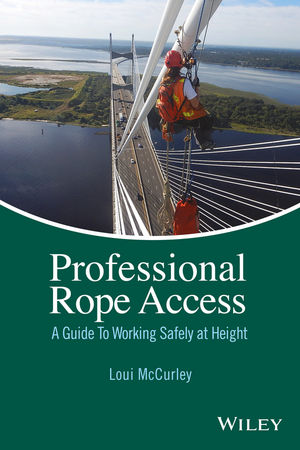 A new study has found that working the night shift long-term may double a woman’s risk of breast cancer.
A new study has found that working the night shift long-term may double a woman’s risk of breast cancer.
The association was found in women who did night shift work for 30 or more years. The researcher team led by Kristan Aronson, a professor of public health sciences at the Queen's Cancer Research Institute at Queen's University in Kingston, Ontario, found no increased risk among women who worked that shift fewer than three decades.
Thousands of women surveyed
While the study found an apparent connection between working at night and a heightened breast cancer risk, it did not prove a cause-and-effect relationship.
The women surveyed were mostly in their mid to late 50s. Some had already gone through menopause, while others had not. Aronson's team looked at more than 1,100 women with breast cancer and more than 1,100 others without the diagnosis who lived in Vancouver or Kingston.
Women answered questions about their work patterns. The researchers got information about cancer diagnoses from hospital records.
Other factors taken into account
When Aronson looked at the groups of women in terms of duration of night-shift work, she found that the link between working 30 years or more and a doubling of breast cancer risk held even after taking into account other factors that can affect cancer risk, such as body-mass index.
"There are only hypotheses so far about what could link long-term shift work to increased breast cancer risk," she said. "Some hypotheses are: disruption to the normal daily body (circadian) rhythm, decreased melatonin (a hormone that regulates sleep-wake cycles that is produced in greater quantity during sleep), increased sleep disturbance and possible lower vitamin D."
The study was published online July 1 in the journal Occupational and Environmental Medicine.







